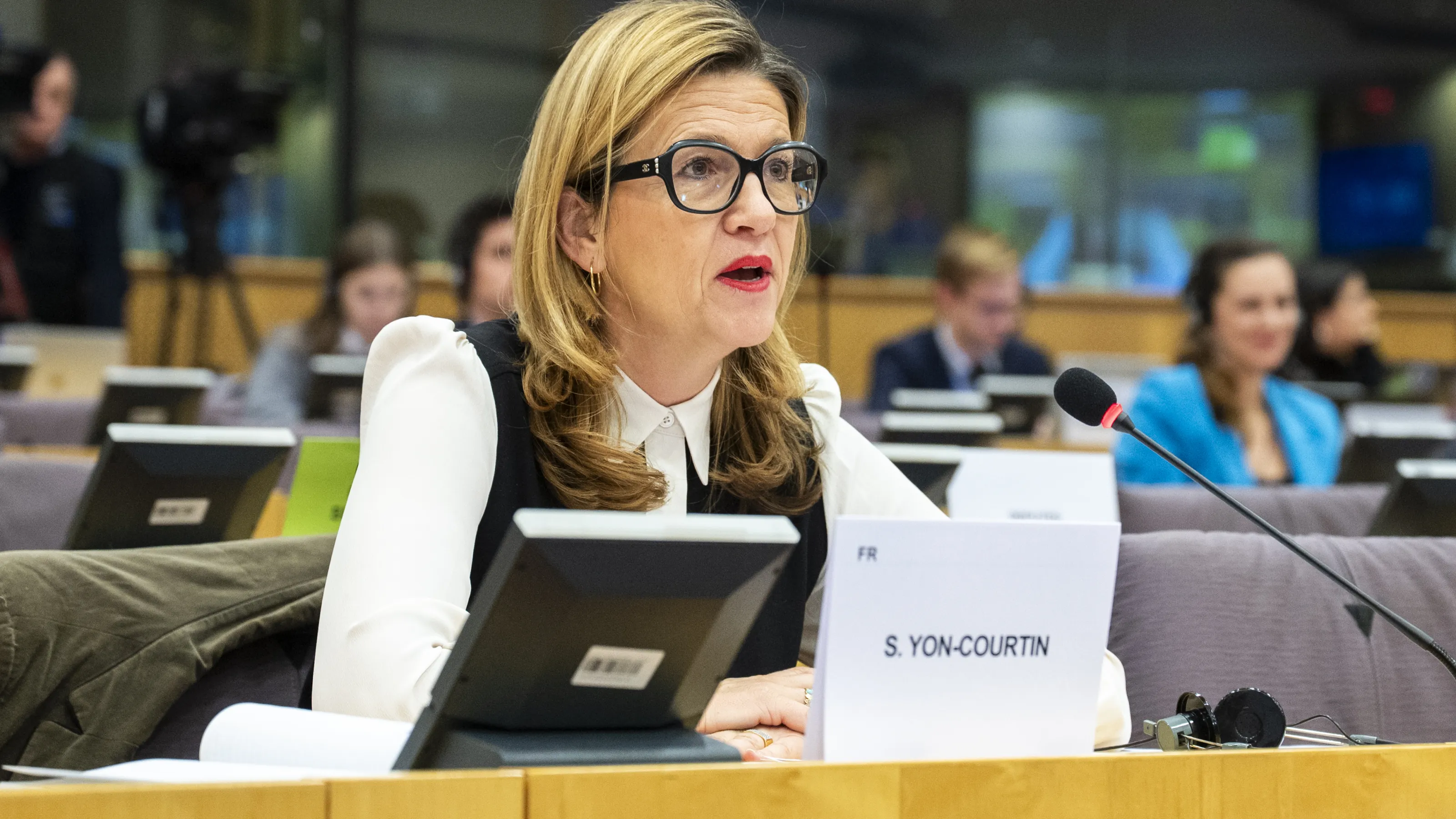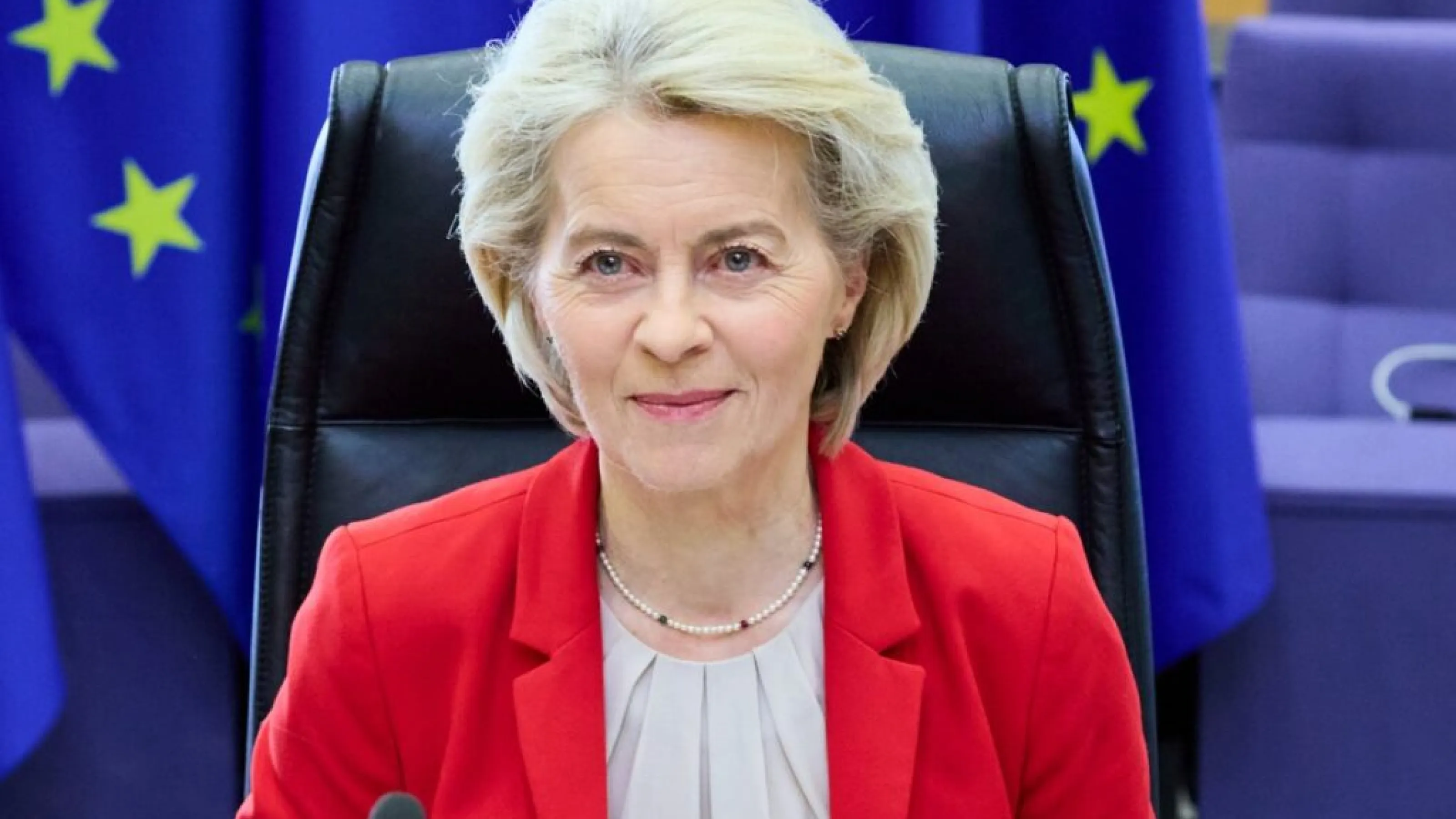Actualités
Euractiv I European Parliament adopts fiscal rules reform amid warnings of austerity risk - 23.04.2024

The European Parliament adopted the reform of the EU’s rules for national debt and deficits on Tuesday (23 April), despite fears from left-wing MEPs that it will lead to a new wave of austerity and prevent green investments.
367 MEPs voted in favour of the so-called “preventive arm” provisions of the new fiscal framework – known as the Stability and Growth Pact – with 161 voting against and 69 abstaining.
Although it will be followed by formal adoption at a Council meeting on 29 April, Tuesday’s vote at the Parliament’s plenary – which follows a hard-fought agreement between member states and MEPs in February – paves the way for new rules to enter into force as of next year.
The reform of the fiscal rules has been discussed since the European Commission proposed to update them in 2020 as the COVID pandemic highlighted the narrow room the previous requirements would leave for public investment in times of heightened economic risks.
The new rules have been supported by leading politicians of the centre-right EPP, a majority of Social Democrats, liberal Renew, and national-conservative ECR, while being strongly opposed by Greens/EFA, Left, and parts of far-right party ID.
While not changing the targets for the national debt and deficit to remain below 60% and 3% of GDP respectively, the new framework allows more flexibility for EU countries on how to reach them – allowing for country-specific plans for debt reduction that give member states more time to reach the common thresholds.
“We have a lot of work behind us to correct the existing fiscal rules,” Economy Commissioner Paolo Gentiloni told lawmakers ahead of the vote, adding that the old rules were “so rigid that they were often not applied”.
However, Commission Vice President Valdis Dombrovskis stressed that the EU executive will put more pressure on member states to follow the rules more strictly, sparking fears among left-wing MEPs and activists that this could lead to a new wave of austerity measures, particularly in highly-indebted European countries.
“Rules are only fully effective if they go hand in hand with credible enforcement,” Dombrovskis said.
Even before being suspended between 2020 and 2023 due to the double headwind of the pandemic and the energy crisis – by triggering a so-called ‘general escape clause’ – the rules had not been enforced through the means of financial fines.
‘Vote for or against austerity’
In the debate ahead of the vote, Philippe Lamberts, co-president of the Greens/EFA group, called it the “most important vote of this entire legislature: the vote for or against austerity”.
In previous statements, Lamberts had warned that the new fiscal rules will prevent higher spending on defence and green investments and could also give rise to far-right parties by imposing too harsh requirements to cut social spending.
The Greens’ concerns are shared by left-leaning think tanks and trade unions, marking a particular dilemma for the centre-left S&D group, whose MEP Margarida Marques played a key role in negotiating the new rules, also in her role as vice-president of the Parliament’s budget committee.
“Is this the reform that I would like to have or that I dreamt of? No, it’s not,” Marques said. “However, for a reform to be effective, it needs to be accepted by everyone.”
To enable the necessary public investments in EU priorities such as the green and digital transition, Marques is pushing for new joint debt at the EU level, which she hopes to be implemented alongside the EU’s long-term budget, which will run from 2028 to 2034.
Echoing recent calls by Gentiloni, Marques said: “We need to move forward towards the creation of an instrument for permanent investment at the EU level.”
“This will be a vital instrument for the good implementation of this new framework for economic governance.”
Far right split by national positions
MEPs from the liberal centrist Renew group, meanwhile, criticised the Greens for not supporting the deal.
Those opposing the new rules would be “showing their irresponsibility and proving that they are incapable of governing,” liberal French MEP Stéphanie Yon-Courtin said.
“Voting against this reform means that you think that the [Stability and Growth] pact, as it currently stands, is satisfactory. That’s not what I think,” she added.
Meanwhile, within the far-right ID group, the debate on fiscal rules exposed great differences.
While Gunnar Beck of the German AfD party warned that the reform would “legalise […] the breaking of the rules”, leading to “inflation in Germany and Northern Europe”, Antonio Rinaldi of Italy’s Lega and France Jamet, of France’s Rassemblement National blamed the rules for being too strict.
Urging the bloc to outline a “proper investment policy”, Rinaldi said: “We need to have something that is not based on procyclical punitive reforms based exclusively on the debt or deficit ratios, and short-sighted budget and conditionality constraints.”
L'article original ici.
 Stéphanie Yon-Courtin
Stéphanie Yon-Courtin


